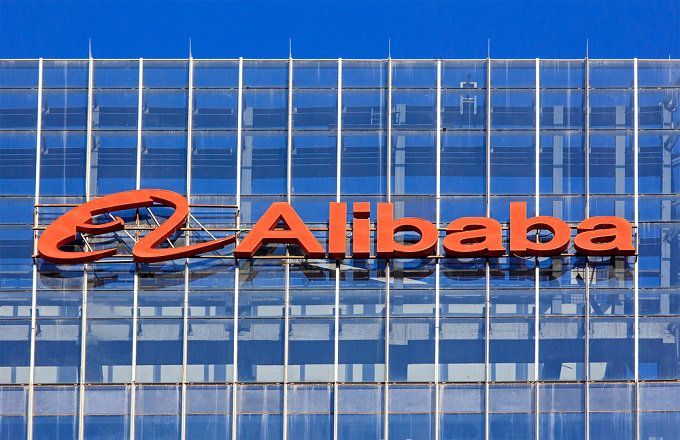Daniel Zhang, the CEO, and chairman of Alibaba Group said on Tuesday that he would step down from his roles and focus on the business’s cloud business as the Chinese e-commerce giant pushes on with its plan to divide into six business segments.
Alibaba (BABA) said Tuesday that executive vice chairman and co-founder Joseph Tsai will succeed Zhang in the role of chairman. Eddie Wu, chairman of the Taobao and Tmall Group’s e-commerce division, will succeed Zhang in that role.
The two appointments will become effective in September, and Zhang will continue to serve as leader the of Alibaba’s cloud unit as chairman and CEO.
After co-founder Jack Ma resigned in 2019, Alibaba has gone through a major change in executive leadership multiple times in the past few years. It also comes just after the company announced its biggest restructuring in 24 years.
The company confirmed the splitting into six separate departments in March, including cloud, e-commerce, logistics, media, and entertainment. Each unit now has its own CEO and board of directors, and most of them have the ability to take on separate listing or fundraising efforts.
“This is the right time for me to make a transition, given the importance of Alibaba Cloud Intelligence Group as it progresses towards a full spin-off,” Zhang said in the announcement. He has been Alibaba’s CEO since 2015.
He added by saying that “exciting new opportunities” were created for the company’s cloud business as a consequence of the emergence of generative AI.
Wu, who was also a co-founder of Alibaba, carried out technology at the time when the company was founded in 1999.
“While our current transformation brings in a new corporate organizational and governance structure, Alibaba’s mission remains unchanged,” he said.
Eight years after joining the company, in May 2015, Zhang was named CEO by Alibaba. He replaced over for Jack Ma as executive chairman in 2019 as Ma, who had promised to retire on his birthday and the company’s 20th anniversary, done so.
The Taobao and Tmall platforms operated by Alibaba, the largest e-commerce company in China, have more than 900 million active users per year. Additionally, it operates the biggest digital payment and cloud computing platforms in the whole country.
The company, however, as well as its co-founder Ma, have recently been targets of a broad crackdown by Beijing.
Jack Ma’s Return: A Symbolic Gesture and a Focus on Education
Beijing unexpectedly postponed the blockbuster IPO of Ant Group, a unit of Alibaba that operates Alipay, after Ma criticized Chinese financial laws in a speech in late 2020. The cancellation marked the start of a regulatory onslaught on the country’s private sector and internet company, during which Beijing imposed on Alibaba Group an unprecedented $2.8 billion for violating the antitrust rules.
But in March, Alibaba revealed its significant restructuring plan, he made a surprise public go-to in mainland China. Analysts believe that Beijing used his return home as a symbolic gesture and “planned media event” to allay concerns in the private sector.
Ma has since been more visible in public and has a more overt concentration on her research and teaching. Ma is enrolling in the University of Hong Kong’s business school for the upcoming three years, according to an announcement made in April.
According to a statement from the university, Ma gave his first lecture as a visiting professor at the University of Tokyo last week.










